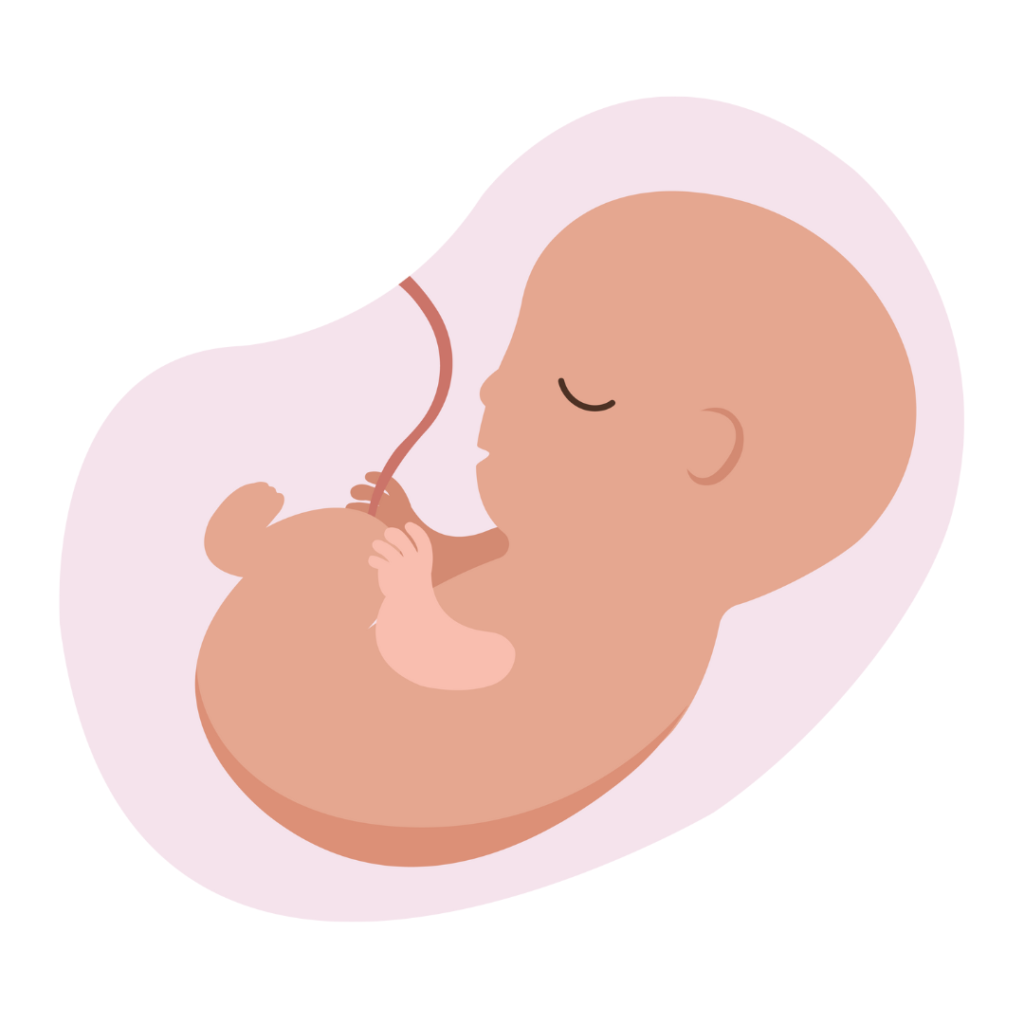Placental Chorangioma
What is a placental chorangioma?
Placenta is a temporary organ joining mother and developing fetus. It is responsible for feeding a baby. Sometimes during its development some abnormalities appear, such as a benign tumor of the placenta called chorangioma. It can be small and multiple, or may constitute large masses. Not all of the chorangiomas have an effect on your baby and the pregnancy outcome.
How often does the angioma happen?
Chorangioma affects 1% of all pregnancies, but most of them do not have influence on the course of pregnancy. The incidence of the large chorioangiomas (greater than4-5cm), which can cause complications, vary from 1:3500 to 1:9000 (0,29%-0,11%).
How does it influence my baby?
In the majority of cases, chorangiomas are small or microscopic and do not influence the baby. Unfortunately, in cases when chorangioma is bigger than 4cm or well vascularised, it can have a negative impact. In those cases, baby can suffer from anaemia, heart failure, be too small for its gestational age or became swollen and die during pregnancy. In such pregnancy, excess of amniotic fluid is often produced;, making uterus more tensed and may cause preterm delivery.
What are the things to watch for during pregnancy?
The state of the baby and the tumor should be checked by a routine ultrasound with doppler option. The frequency of ultrasounds will be determined by the specialist. Usually in cases of small tumors it will be every 3-4 weeks, whereas in large tumors the ultrasound scan may be done every 1-2 weeks. The regular ultrasound will help to diagnose conditions, which would demand intervention, such as polyhydramnios, hydrops of the baby or haemolytic anaemia. Having information about these conditions will allow your caregiver to plan the care for you and your baby (including delivery) better.
Will it have influence on my baby after delivery?
A routine ultrasound of the unborn baby will diagnose a cyst. The fetal medicine specialist will study the cyst’s size, location, contents and movement to try an tell what type of cyst it is. Occasionally they might recommend a MRI to help plan if any treatment and follow up after birth that might be needed.
Will it happen again?
The risk of happening again is the same as for the rest of the population, so 1 in 100. It is important to remember that even if it does happen again, the course of pregnancy may be totally different, because most of them are small and do not threaten the baby.
Do we have to do anything invasive during pregnancy?
In more complicated cases, there are invasive procedures needed, but it is always considered individually. The specialist will tell you if there is a need for further management or simple monitoring would be enough.
